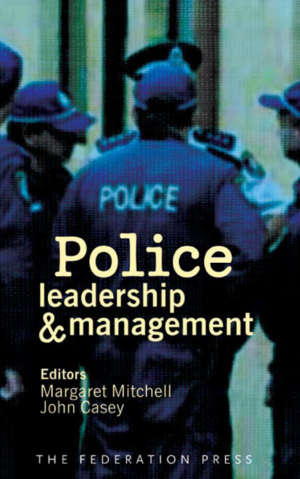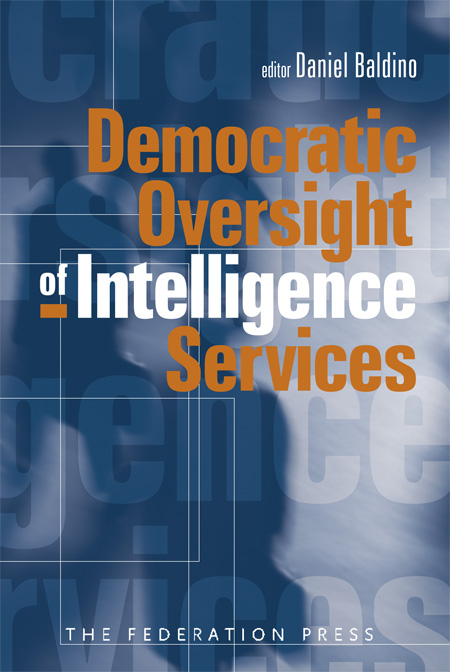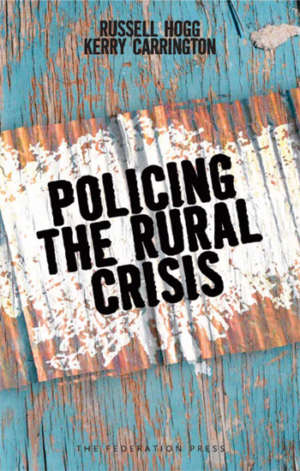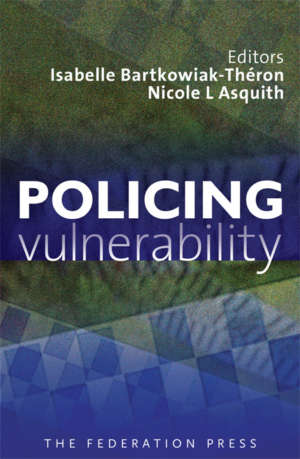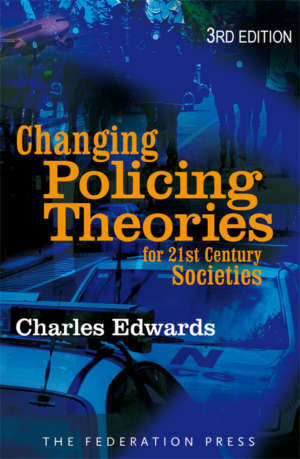Product Description
Police Reform: Building Integrity is about the recurring problem of police corruption and contemporary efforts to find effective strategies to maximise ethical conduct. It draws on international experience, using Australia as a major source.
In the last fifteen years Australian policing has been of significant interest because of the combination of advanced democratic processes, exposés of serious police corruption, and extensive – sometimes radical – experimentation with prevention strategies.
The book begins with an overview of developments and issues in police integrity control globally, before giving close attention to special problem areas and to innovations in establishing and maintaining best practice. These innovations include modern methods of testing police applicants, assessing organisational integrity, mediating complaints, using stings to reveal secretive corruption, creating integrity profiles of officers and units, and developing effective independent oversight and investigation of complaints.
The book is for all stakeholders in police conduct: police managers, professional standards branch personnel, general duties officers, recruits, civilian oversight agencies, civil libertarians, politicians, police studies scholars and students, and the general public. The book brings together the latest research on types of misconduct in a form that is readily accessible to a wide range of readers; with short, clearly focused, chapters on specialist topics. It balances diagnostic and theoretical explanations of police behaviour with a series of expositions of specific practical strategies for creating ethical departments.


